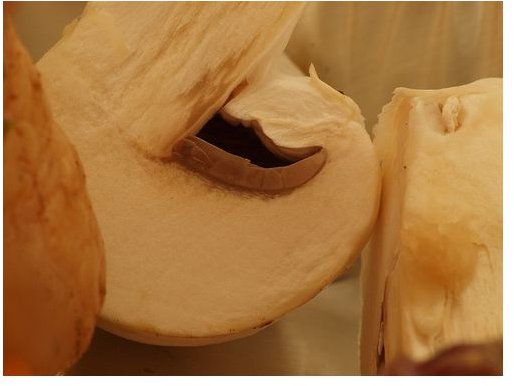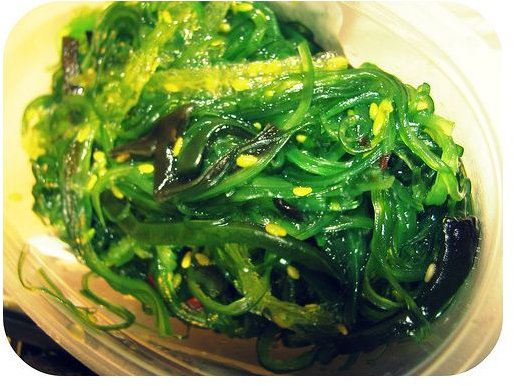Benefits of Iodine Rich Foods
Iodine’s Role in the Body
The main function of iodine is to support the thyroid gland. Only very small amounts of this trace mineral are required, but without it the body is unable to produce the thyroid hormones. A well functioning thyroid gland and sufficient hormone production is so important for well-being. These hormones are responsible for regulating cell metabolism, thereby playing an indirect role in most physiological functions. The benefits of iodine include preventing weight gain, ensuring proper mental and physical development, and maintaining a strong immune system.
Iodized Salt
Most table salt is fortified with iodine. Why is this? Iodine is found naturally in a variety of foods, including seafood, sea greens and vegetables. When the soil is deficient in this mineral, then the produce grown and livestock fed with the iodine-deficient crops are themselves lacking. This can lead to widespread iodine deficiencies amongst people living near soil that is lacking in this mineral. To address this problem table salt has been enriched with iodine for decades.
While this is a great solution to prevent a potentially serious public health concern, table salt is actually not good for the human body. It is a processed version of real salt and aside from the iodine that it is often fortified with it is basically bereft of the minerals found in natural salt. Relying on table salt you are also putting yourself at risk for high blood pressure, water retention, and exposure to the toxins used to create sodium chloride, such as bleach and MSG.
Iodine Rich Foods
Consider leaving out the table salt and making sure you are including good sources of iodine in your diet. Start by switching to natural sea salt to flavor food, which contains a balanced sources of minerals including iodine. Other excellent sources include:
-
Seafood
-
Saltwater fish
-
Kelp
-
Dulse
-
Asparagus
-
Garlic
-
Mushrooms

-
Sesame seeds
-
Lima beans
-
Soybean
-
Spinach
Considering Supplements
Are supplements necessary to ensure you are getting enough iodine in your diet? It is not difficult to consume plenty of this mineral in a well-balanced diet. If you do decide to take supplements be careful not to consume more than 900 micrograms a day. More than this can lead to toxicity symptoms. Signs of a deficiency include hypothyroidism (signs of this condition include weight gain, fatigue and depression), an enlarged thyroid gland, and developmental problems in children.
If concerned about iodine deficient, land-based sources of iodine include even a small amount of sea greens in your diet and enjoy the benefits of iodine and a healthy thyroid without having to consume table salt. If you believe you may have thyroid problems from a lack of this mineral be sure to talk to your doctor about improving your well-being.
References
World’s Healthiest Foods https://www.whfoods.com/genpage.php?tname=nutrient&dbid=69#function
Global Healing Center https://www.globalhealingcenter.com/natural-health/dangers-of-salt/
Balch, Phyllis, CNC. “Prescription for Nutritional Healing, 4th Edition.” (The Penguin Group, 2006).
photo by Sushina
photo by Calgary Review
